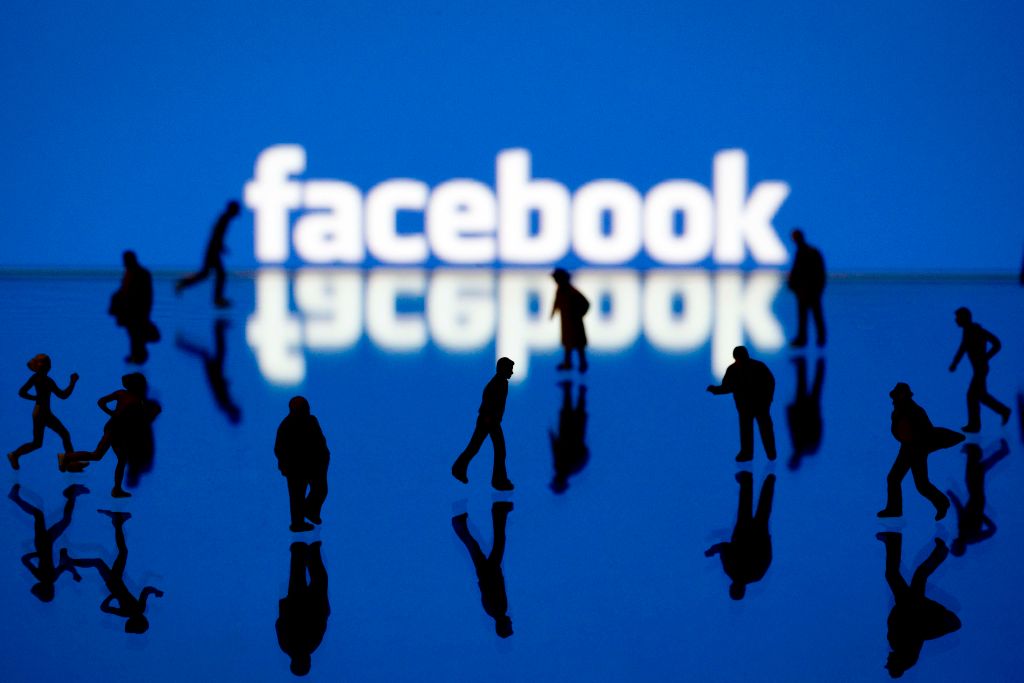Saudi New Visa Stamping New Rules from Saudi Embassy Islam Abad | New Visa Latest Update | Circular
News has been circulating since the seven-hour shutdown of Facebook, Instagram, and WhatsApp that unknown hackers have stolen the data of 1.5 billion social media users, which has been put up for sale on the “Dark Web”. Is. But is that true?
In this regard, the online security and privacy website “Privacy Affairs” has taken a detailed look at the references and claims made in such news.
McCluskey Zoltan, founder, and CEO of Privacy Affairs said in a recent blog post that after careful analysis, there was no truth in the so-called “news” and the references in his evidence Gone are the days before this long social media outage.
Zoltan quoted an ad on the Dark Web on September 22, 2021, as saying that the incident allegedly took place a few months ago and involved the usernames, emails, location, gender, phone numbers of 1.5 billion Facebook users. And user IDs were stolen.
All of these databases were put up for sale for only ہزار 5,000, which is a fair amount in terms of the Dark Web, as valuable information is often sold for pennies.
A dark web user complained that he had paid the required amount to the hackers but so far he has not been provided this data while the hackers are not responding to him.
Zoltan also said in his blog that small hackers on the Internet have sent scary messages to ordinary users to take advantage of this situation.
These messages appear to be from the Facebook security team, with a link to reset the password at the end.
By clicking on this link, the user goes to a page that looks like “Facebook Help” where as soon as he enters his username and password, the page closes.
This is a very old hacker tactic that is still very successful today due to the negligence of users.
Zoltan’s analysis and other authoritative sources have revealed that the news of the theft of data of 1.5 billion Facebook users has nothing to do with the closure of all platforms of the company for seven hours yesterday. And secondly, the news of consumer data being stolen is not entirely accurate.



